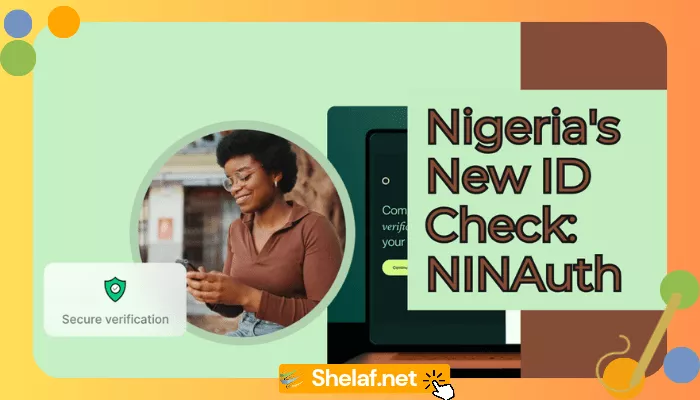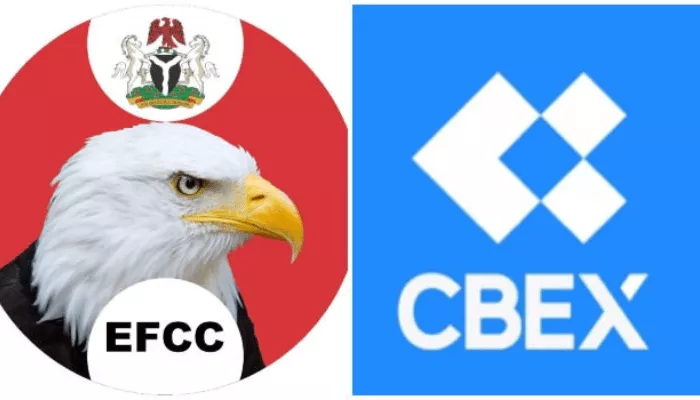Nigeria keeps getting hit by Ponzi schemes. We’ve seen it with MMM, then platforms like Racksterly, and now the fallout from CBEX. It’s a brutal cycle. Back in 2022, the NDIC figured Nigerians had lost over ₦911.45 billion to these scams over 23 years. Honestly, with the recent CBEX mess—where losses might top a trillion naira—that number is likely much higher now.
Watching this unfold for over a decade as a tech blogger, you see the patterns. The tactics change, but the outcome doesn’t. Why does Nigeria remain such fertile ground for these schemes? Millions get caught, time and again, even with all the warnings. And now, with tougher regulations, can we finally stop this?
Contents
What Makes a Ponzi Scheme Tick?
So, what are we actually talking about? A Ponzi scheme, named after the infamous Charles Ponzi from the 1920s, is basically investment fraud. It works by paying off early investors with money taken from newer ones, instead of generating real profits from business or trading.
It needs a constant stream of fresh cash to keep up the charade. Watch out for these red flags:
- Insane Returns, Zero Risk: If someone promises massive profits fast (like doubling your money in a month) with no risk, run. Real investments have ups and downs.
- Suspiciously Steady Payouts: Markets fluctuate. Getting the exact same high return consistently, no matter what, is a big warning sign.
- Recruit, Recruit, Recruit: A heavy push to bring in new people is often how they keep the money flowing. Schemes like CBEX reportedly made people recruit others just to get their own money out.
- Fuzzy Details: If they’re vague about how they actually make money or hide behind confusing jargon (like shady “AI trading” claims), be wary.
- Withdrawal Problems: When it suddenly becomes hard to get your money out, the scheme is likely collapsing.
- Not Registered: If they aren’t registered with regulators like the SEC, they’re operating illegally.
Why Nigeria? Why Now?
It’s a mix of things that make Nigeria so vulnerable:
- Tough Economic Times: High unemployment and inflation push people towards desperation. Quick money schemes, even risky ones, start looking attractive when options are limited.
- Financial Know-How Gaps: Many people don’t have a solid grasp of investing or how to spot a scam. This makes it easy for fraudsters with slick presentations to fool them.
- The Pull of Quick Cash: Let’s face it, the dream of getting rich quick is powerful. Seeing others flash cash (even if it’s fake or temporary) creates serious FOMO, making people jump in without thinking.
- Smarter Scammers: These operators aren’t amateurs. They use tech well—professional websites, apps like Racksterly or CBEX had, social media blitzes, sometimes even roping in celebrities. They tailor their stories, talking about forex, crypto, or AI to sound current and credible.
- Patchy Enforcement (in the past): Although things are changing, the feeling that scammers often got away with it might have made people less cautious and operators bolder. Tracking down digital fraudsters is also genuinely difficult.
A Trail of Broken Promises: MMM, Racksterly, CBEX
The names change; the pain remains.
- MMM: This Russian import really took off online in Nigeria around 2015-2016. It called itself a “mutual aid fund,” promising 30% returns monthly through peer-to-peer payments. Millions joined. When it crashed in late 2016, freezing accounts, it caused chaos and huge losses (around ₦18 billion, according to NDIC). MMM basically set the stage for the large online schemes that followed.
- Racksterly: This was a homegrown scam. Racksterly claimed to be an advertising platform where you’d get paid huge returns for subscribing and clicking ads. What really gave it fuel were endorsements from well-known celebrities, making it seem legit. People poured money in. Of course, Racksterly went bust, highlighting how influencer marketing could be misused.
- CBEX: The latest big one, collapsing around April 2025. Losses might be over a trillion Naira. CBEX promised to double money in 30 days using “AI trading.” It had the flashy app and pushed recruitment hard. But investigations suggest it was just old tricks in new clothes—using new deposits to pay earlier investors. The scale and tech angle show how these scams keep adapting.
And these are just the big names. Countless others, like MBA Forex, have ripped people off using similar tactics.
Tech: Friend and Foe
Technology cuts both ways here. The internet and apps help scammers:
- Reach Millions Fast: Social media makes it easy to spread the word quickly.
- Look Legit: A polished website or app can fool people into thinking it’s a real company. Fake profit dashboards, like CBEX apparently used, add to the illusion.
- Hide: Operators can use anonymous accounts and digital tricks to cover their tracks.
- Use Buzzwords: Throwing around terms like “crypto” or “AI” can impress people who don’t fully understand them, making the scam seem cutting-edge.
Regulators Fight Back: ISA 2025
The good news? Authorities are stepping up. The new Investments and Securities Act (ISA) 2025 gives regulators more power:
- Ponzi Schemes Now Explicitly Illegal: The law clearly defines and bans them.
- Harsher Penalties: Operators face at least 10 years in jail, plus hefty fines (figures like ₦20m-₦40m have been mentioned) and having their ill-gotten gains seized.
- Promoters Targeted: Influencers, celebrities, or anyone promoting these illegal schemes can also face jail time and fines.
- Crypto Covered: Digital assets now fall under SEC regulation, closing a big loophole used by schemes like CBEX.
- Better Investigation Tools: The SEC seems to have more power to track down evidence.
The SEC is talking tough, promising crackdowns and more investor education. They’re working with the EFCC and police too.
Can Nigeria Finally Stop This?
Tougher laws are great, but not a magic bullet. To really break the cycle, we need:
- Real Financial Education: Not just warnings, but practical knowledge about saving, investing, and spotting scams, taught widely.
- Consistent Enforcement: People need to see scammers get caught and punished swiftly. This builds trust and acts as a deterrent.
- Promote Safe Options: Make legitimate, regulated investment choices easier to find and understand.
- Influencer Responsibility: Public figures need to be careful about what they promote. The SEC warnings might help here.
- More Skepticism: We all need to get better at questioning things that sound too good to be true. A healthy dose of “if it sounds too good…” is crucial.
Final Thoughts: It Takes Everyone
The damage from Ponzi schemes like MMM, Racksterly, and CBEX goes beyond money; it erodes trust. It happens because of a perfect storm: economic stress, knowledge gaps, clever scammers using tech, and our own hopes for a quick fix.
The new laws offer hope, but real change needs everyone—regulators enforcing the rules, educators teaching financial sense, the media reporting responsibly, and every single Nigerian learning to be more vigilant. It’s a collective effort, but it’s the only way to stop this destructive cycle.











